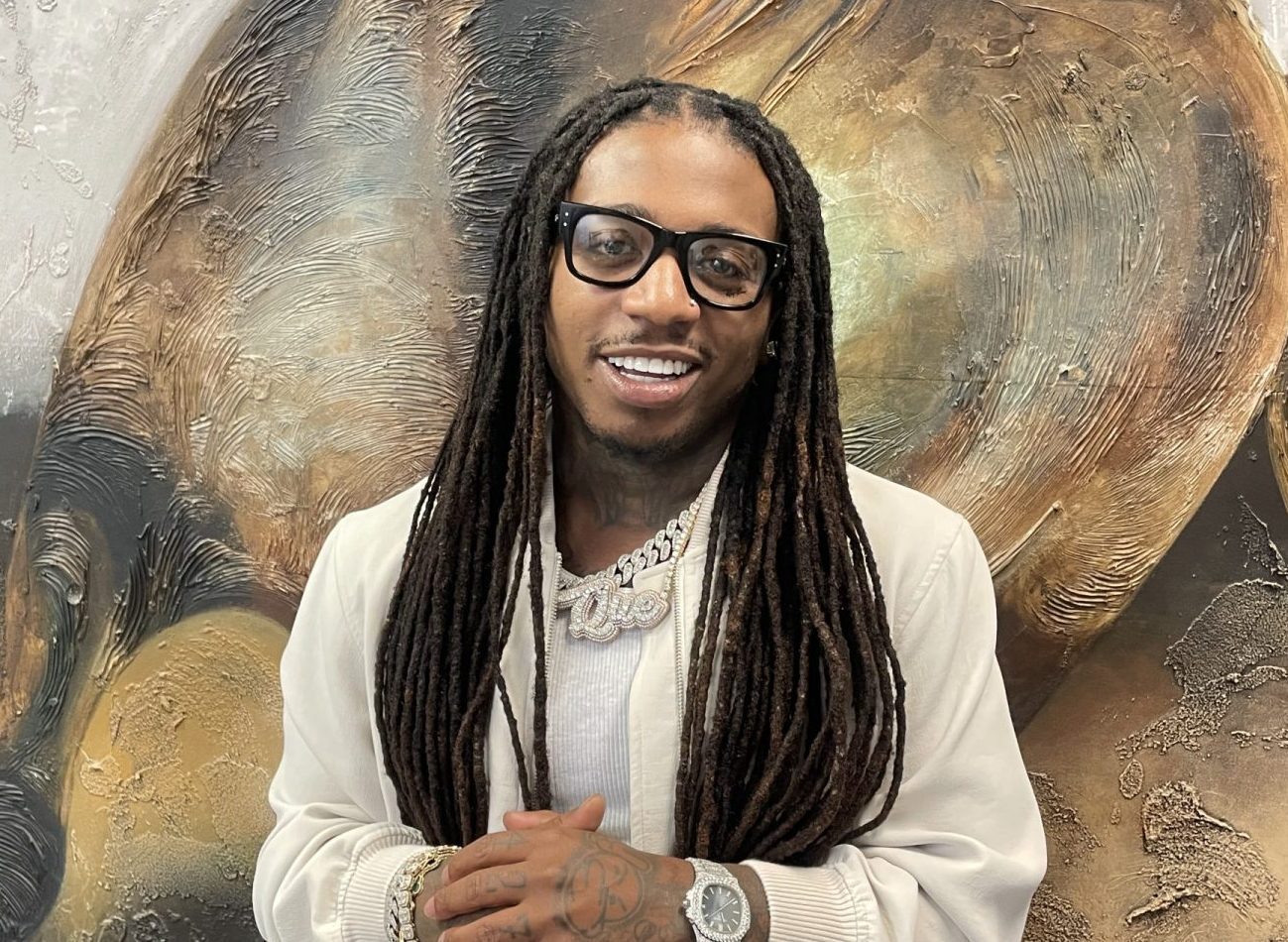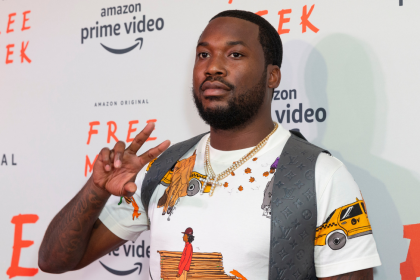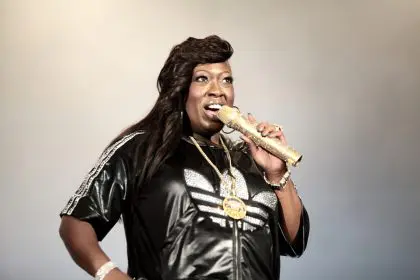The entertainment industry witnessed a significant shift in narrative when Deiondra Sanders, daughter of NFL icon Deion Sanders, brought forth compelling allegations about the relationship dynamics between R&B artist Jacquees and singer Dej Loaf. Through a series of posts on X (formerly Twitter), Sanders unveiled what she claims to be a calculated marketing strategy disguised as genuine romantic connections. The timing of these revelations, coinciding with the upcoming Valentine’s Day album release, has sparked intense discussions about the authenticity of industry relationships and the extent to which personal lives are leveraged for promotional purposes.
Behind the curtain
At the heart of this controversy lies a complex web of professional and personal relationships. Sanders, who was previously engaged to Jacquees, revealed her systematic exclusion from industry events and gatherings. This exclusion, she maintains, stems from an intricate arrangement designed to maintain a specific public image ahead of Jacquees and Dej Loaf’s Valentine’s Day album release. The situation has brought to light the often-unseen mechanics of music industry marketing, where personal relationships can become commodified for commercial gain. The pressure to maintain certain appearances and narratives can lead to real emotional consequences for those involved, as evidenced by Sanders’ public expression of frustration.
Marketing in modern music
The incident sheds light on a prevalent industry practice where personal relationships often serve as marketing catalysts. This strategy, while not new to the entertainment world, has evolved significantly with the rise of social media platforms. The timing of relationships, breakups, and collaborations increasingly aligns with album releases and promotional cycles, raising questions about authenticity in the digital age. Music industry insiders have long acknowledged the strategic timing of personal announcements and relationship reveals, but rarely has the curtain been pulled back so dramatically on these practices. The integration of personal narratives into marketing strategies has become increasingly sophisticated, with social media serving as the primary stage for these carefully orchestrated presentations.
Industry implications
The ripple effects of Sanders‘ revelations extend beyond personal relationships, touching on broader issues within the music industry. This situation exemplifies how the lines between personal and professional lives have become increasingly blurred, particularly in an era where social media presence can significantly impact commercial success. The music industry’s reliance on personal narratives to drive album sales and streaming numbers has created a complex ecosystem where authenticity often competes with marketing objectives. This dynamic affects not only the artists and their immediate circle but also influences how audiences consume and interpret music and celebrity culture.
Social media influence
The platform chosen for these revelations — X — played a crucial role in amplifying the message. Sanders’ strategic use of social media demonstrated the power of digital platforms in reshaping narratives and challenging established industry practices. Her comments about leveraging the Sanders name for promotion further underscore the intricate relationship between personal branding and industry success. Social media has transformed how artists and industry figures navigate their public personas, creating an environment where personal revelations can instantly become viral marketing moments, whether intentional or not. The immediate and widespread reaction to Sanders’ posts demonstrates the platform’s power in shaping public perception and industry narratives.
Future perspectives
As the Valentine’s Day album release approaches, the industry watches closely to see how this revelation might impact the project’s reception. The situation raises important questions about the sustainability of marketing strategies that blur the lines between authentic relationships and promotional tactics. The music industry stands at a crossroads, facing increasing scrutiny over its marketing practices and the toll they take on personal relationships. This incident may prompt a broader discussion about ethical promotional strategies and the need for greater transparency in industry practices. The long-term implications could influence how future artists and industry figures approach the delicate balance between personal authenticity and professional promotion.
















